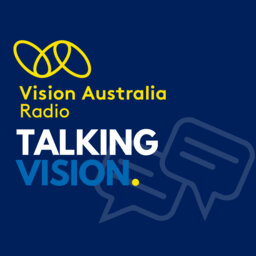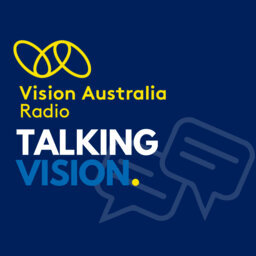Talking Vision 639 Week Beginning 22nd of August 2022
We're very excited this week to welcome Commonwealth Games dual gold medalist and Vision Australia ambassador Jess Gallagher to the program.
Jess was the recent winner of two gold medals in the cycling program but she’s also competed in everything from athletics to skiing to rowing, and she catches up with Sam to celebrate following the conclusion of the Games.
Then after Sam chats with Jess, Helen joins the show to catch up with Alexandra from the Vision Store in Bendigo with some Father's Day gift ideas for dads out there who are blind or have low vision.
In 1 playlist(s)
Talking Vision by Vision Australia Radio
Vision Australia Radiothon is on now. Donate via www.varadio.org and make a tax deductible donation …Social links
Follow podcast
Recent clips

Talking Vision 819 Week Beginning 16th of February 2026
28:59

Talking Vision 818 Week Beginning 9th of February 2026
28:10

Talking Vision 817 Week Beginning 2nd of February 2026
27:37
 Talking Vision by Vision Australia Radio
Talking Vision by Vision Australia Radio